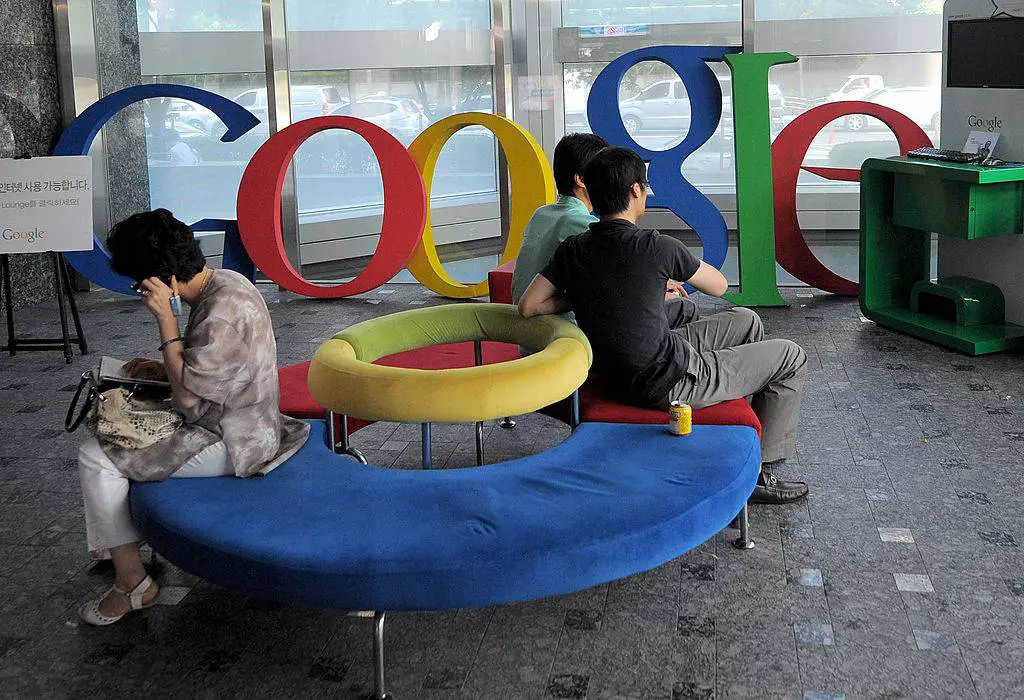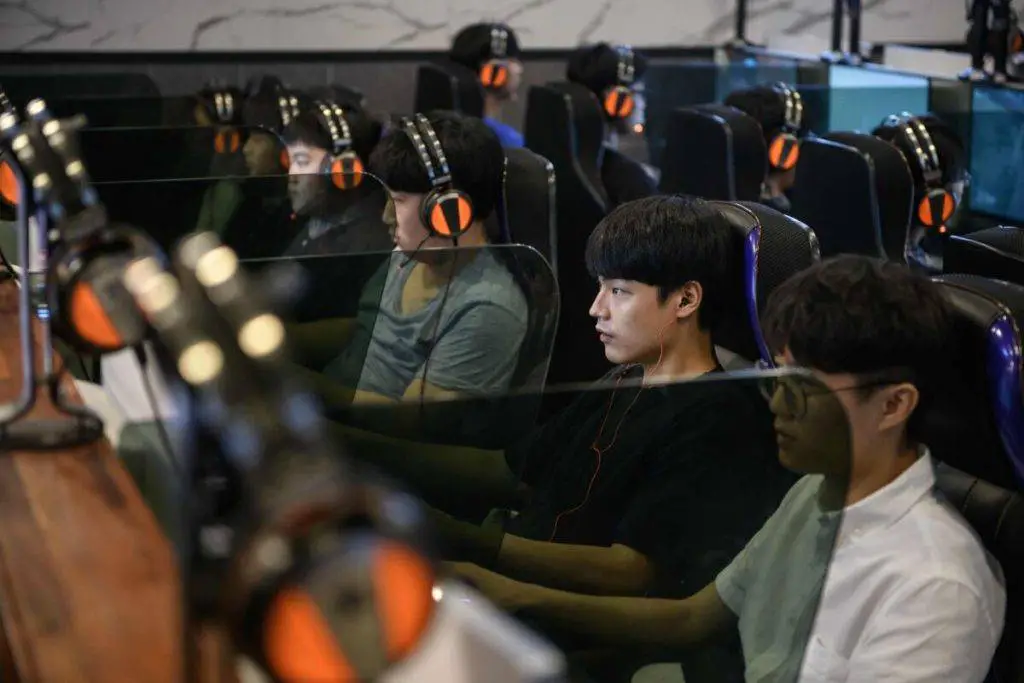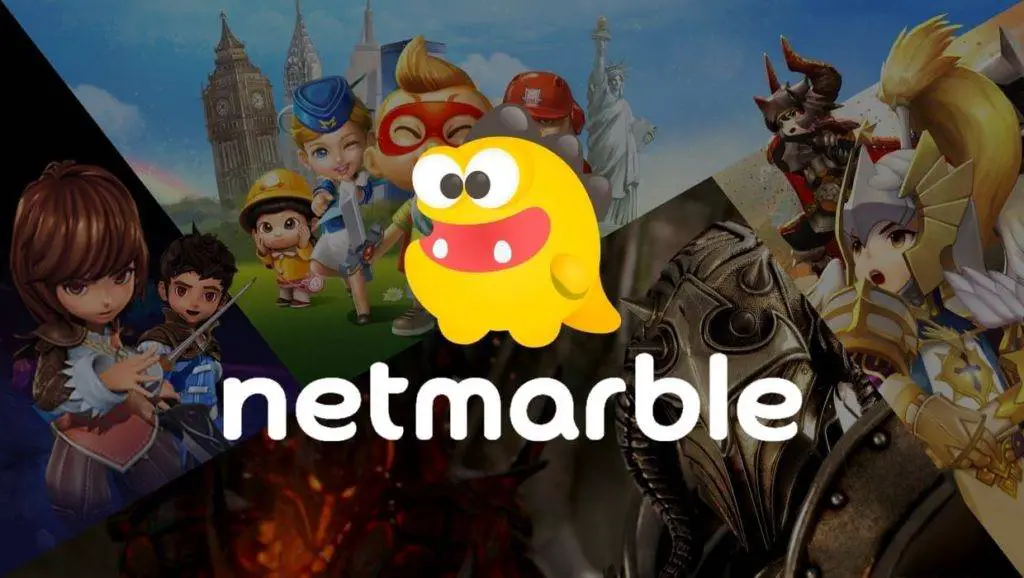South Korea’s Fair Trade Commission (KFTC) slammed Alphabet’s Google with a 42.1 billion won (approx. $32 million) fine for obstructing developers from releasing mobile games on One Store, a Korean competitor platform.

Announcing the fine on Tuesday, 11 April 2023, the KFTC said Google allegedly asked Korean video game developers to release their games exclusively on the Play Store from June 2016 to April 2018. That directive meant Korean developers could not release their games on One Store. In return for their loyalty, Google promised in-app exposure and further global expansion support.
The antitrust regulator accused Google of unfairly bolstering its market dominance and hurting One Store’s revenue and value as a platform. In response, Google said it will review the decision of the KFTC and decide on the next line of action.
“We have cooperated diligently with the KFTC’s investigation and deliberation process for the past five years and believe that there has been no violation of the law,” said a spokesperson from Google through an email. “Google makes substantial investments in the success of developers, and we respectfully disagree with the KFTC’s conclusions.”
The KFTC’s decision is part of the government’s regulatory effort to ensure fair markets. NCSOFT, Nexon, and Netmarble are some of the video game developers affected by Google’s action. This is not the first time that Google is being slammed with fines in South Korea.
In 2021, the American tech giant was fined 200 billion won (approx. $177 million) by the KFTC for blocking the customized versions of its Android operating system.
“We will carefully review the final written decision once it’s shared with us to evaluate the next course of action,” said the Google spokesperson.
South Korea recognizes video games as a form of culture

South Korea has continued to legislate to protect both game developers and players. In 2022, the country officially recognized video games as a form of culture and art. With that designation, developers can now obtain assistance from the state and participate in various cultural projects.
The partial amendment to South Korea’s Culture and Arts Promotion Acted scaled through the plenary session of the National Assembly on 7 September 2022. It was Seungrae Cho, a representative of the Democratic Party of Korea that first proposed the amendment in 2020.
“Games are a filial industry that accounts for more than half of the domestic content industry’s exports,” Cho said. “If games are recognized as culture and art, negative perceptions will be improved and vitality will be added to the game industry.”
Musicals and animations were also recognized as forms of culture and art in the amendment. The move came half a century after the enactment of the Culture and Arts Promotion Act in the country.
South Korea passes amendment on loot box probability disclosure

Loot boxes and time-based events have been blamed as the leading cause of gaming addiction. Earlier this year, South Korea’s National Assembly passed an amendment to the Game Industry Promotion Act. The amendment will force developers to fully disclose the probability of winning chance-based items.
During a plenary session of the National Assembly held on 27 February 2023, 180 of the total 182 members voted in favor of the bill. With the passing of the amendment to the Game Industry Promotion Act, developers are mandated to display the probability of getting rewards from loot boxes in games and ads.
Developers that fail to disclose this information or post false probabilities will be slammed with a 20 million won (approx. $15,000) fine or up to 2 years imprisonment.
“We respect the purpose of the amendment and the National Assembly’s decision to pass the bill, and hope that the global environment and industry reality can be reflected in the process of enacting the enforcement ordinance,” said the Korea Association of Game Industry (K-GAMES), pledging compliance with the amendment.
Prior to the passing of the amendment, some Korean companies have already begun disclosing the probabilities of loot boxes. In 2021, K-GAMES enacted a list of self-regulatory rules about loot boxes. Consequently, developers like Netmarble and Nexon had to adopt new guidelines.
Do you think the regulation requiring developers to disclose loot box probabilities should be extended across the globe? Share your thoughts in the comment box below.
TAKE OUR POLL
Remember to share and bookmark this website to stay up to date on all the hottest news in the gaming industry.



